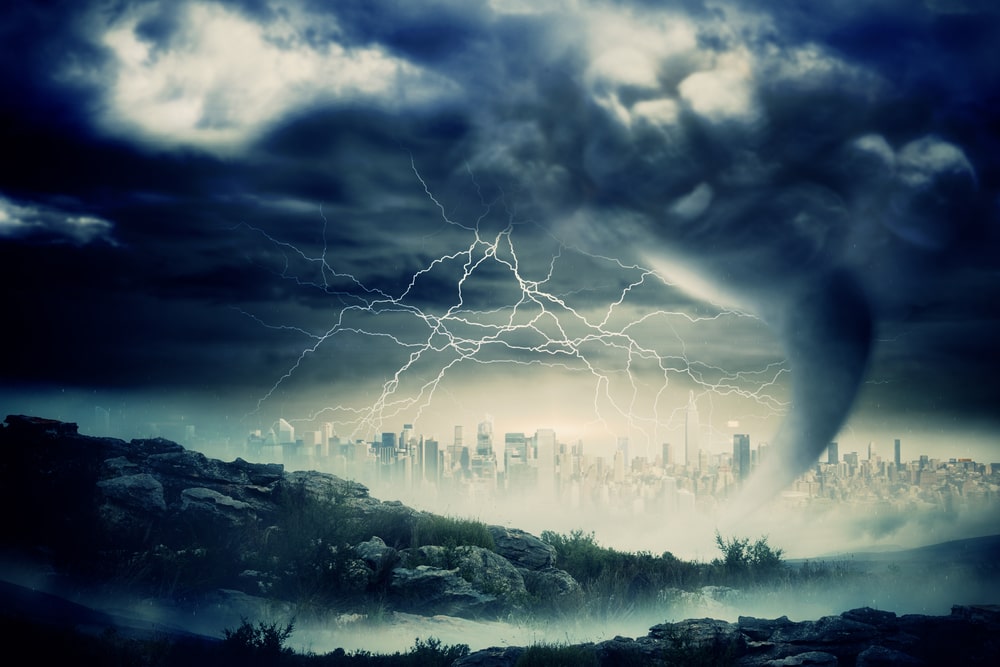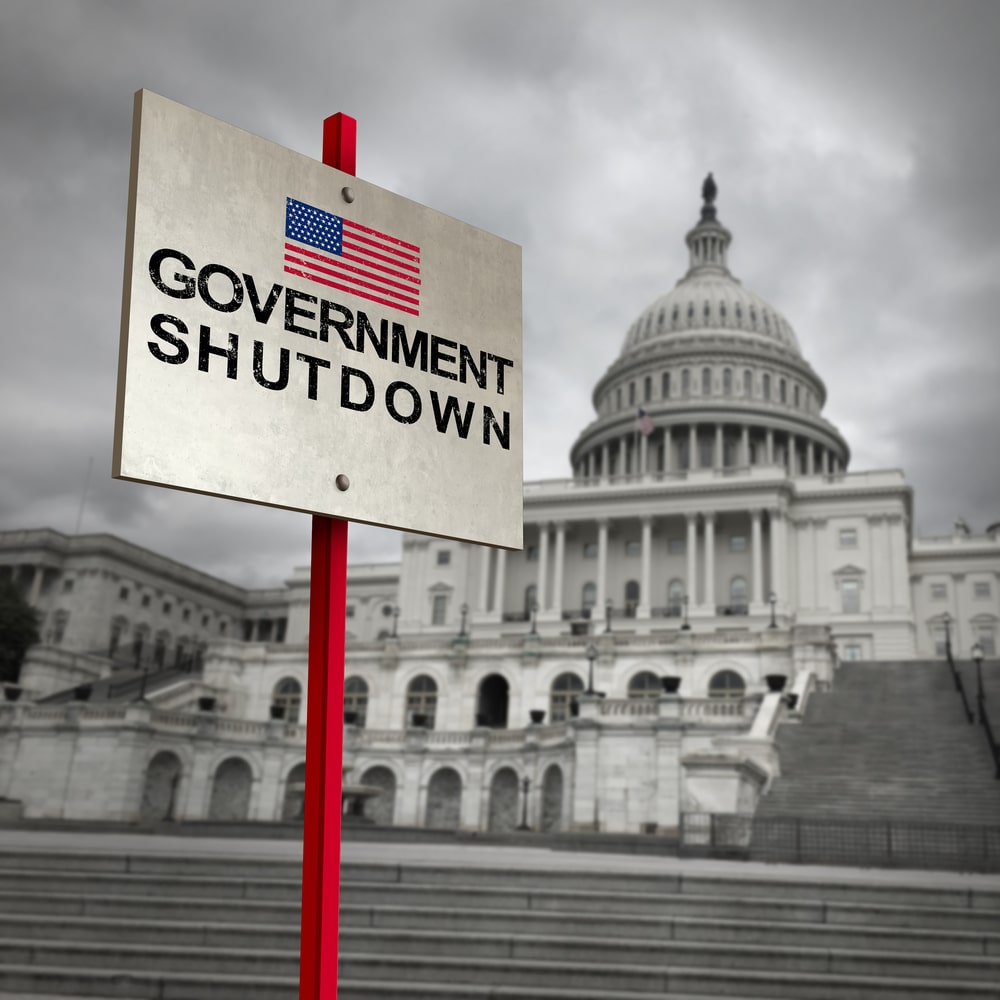The phrases “force majeure” and “Acts of God” have become all too common in our everyday business discussions over the last year and a half. In March 2020, United States businesses faced significant liabilities because they could not perform their contracts due to matters beyond their control, like a global pandemic and government-mandated shutdowns. Force majeure provisions help people manage the unmanageable.
Essentially, these contract provisions prevent either party from violating the contract if the reason they can’t perform is because of certain events beyond their control. The most common provision is one that allows more time for a party to perform. If you are supposed to build a house by June 1, but certain events occur that prevent you from working for 30 days, then the delivery deadline is automatically moved to July 1.
The trigger for force majeure protection is an event that can’t be reasonably anticipated, which is where the phrase “act of God” comes from. Triggers aren’t something that can be planned for at the time you enter into the contract. For example, I just contracted with a company to fix the foundation of my detached (thank goodness) garage. The company was going to drive pillars into the soil until it hit bedrock to stabilize the building. Having to push the pillars down 8 feet or 22 feet is something the foundation company can plan for at the time we sign the agreement (it was 22 feet, by the way). Instead, events that trigger force majeure clauses commonly include hurricanes, blizzard, and other weather-related delays. But that’s not all they can do.
Defining the force majeure triggering events


As used today, most business law firms use force majeure clauses often cover more than the weather. After the September 11 attacks on the United States, force majeure clauses were updated to include acts of terrorism. If your need the owner to pick out appliances before you can start on the kitchen renovation, your force majeure clause may include the owner’s delay in picking out those items. Since March 2020, I’ve been revising client’s force majeure provisions to address Covid-19, and the related government shutdowns and limits on businesses. In drafting these clauses, lawyers try to strike a balance between trying to cover all possible unknowns (an impossibility) versus being too general. A force majeure can run from something as simple as “Force majeure means all events that are beyond the reasonable control of the performing party” to a lengthy recitation of presently known force majeure events with a catch-all for things we can’t anticipate.
Example of a detailed force majeure definition
A “Force Majeure Event” is any failure or delay in fulfilling or performing any term of this Contract when and to the extent such failure or delay is caused by or results from acts beyond the Contractor’s reasonable control, including, without limitation: (a) the act or neglect or default of the Owner; (b) casualty damage , (c) problems with labor or material over which the Contractor has no control; (d) any government control, regulation, restriction or the allocation of labor, supplies or materials (e) acts of God and natural disasters; (f) flood, fire, or explosion; (g) war, invasion, riot, or other civil unrest; (h) actions, embargoes, or blockades in effect on or after the date of this Agreement; (i) national or regional emergency; (j) strikes, labor stoppages, or slowdowns or other industrial disturbances; (k) compliance with any law or governmental order, rule, regulation, or direction, or any action taken by a governmental or public authority, including but not limited to imposing an embargo, export or import restriction, quota, or other restriction or prohibition, or failing to grant a necessary license or consent; (l) shortage of adequate power or telecommunications or transportation facilities; (m) inability to secure labor; (n) related to Covid-19, or (o) any other event beyond the reasonable control of such party.
Benefits of a longer force majeure definition
The benefit of the longer definition is it reduces future disputes if specific events occur like the property upon which the house is being built is flooded and still retains the catch-all to expect the unexpected. The shorter version is less precise and may result in disputes as to whether the event qualifies as a trigger. Regardless of which approach you take, a force majeure provision won’t prevent all disputes about whether it applies. New and novel situations that come under the catch-all language will always be subject to interpretation.
What do force majeure provisions do, really?

The most common force majeure provisions give you more time to perform without violating the agreement. How does this work out in the real world? Well, let me give you an example.
By May 2020, most of America was still under tough Covid lockdowns. In Virginia, for example, outdoor pools were not allowed to open until shortly after Memorial Day. For a pool contractor, this posed a problem. After all, the company was under contract to have those pools ready and open for use by Memorial Day. Without a force majeure provision, the contractor would have been in default for not opening the pools when agreed, and the clients could have terminated the contract or even sued the company for damages. Because the contract had a force majeure provision, the contract wasn’t violated, and the client remained bound by it.
What can’t they do?

They can’t do more than they say they will. Let’s take that pool company example again. Outdoor pools were allowed to open on June 4, 2020, at limited capacity and with certain restrictions. Many of the clients weighed the cost-benefit of opening their pools. When they decided it wasn’t worth the hassle of opening the pool that summer, many of the clients tried to cancel or demand a discount/ refund for the season. Unfortunately, for them the only remedy the contract provided for a force majeure event was a delay in performance. The contract didn’t allow for a discount in the price because the pool would be open for fewer days or not open at all.
Now, I’ve said it before and will likely say it again, there’s what the law allows and then there’s good business. The contractor was allowed to demand the full price for its contract. However, that’s not good business. Realistically, in a situation like what happened in 2020 where the events were so far outside of what could be anticipated, there were lots of contract renegotiations, especially in situations where the parties had a long-term relationship rather than a single transaction. But having the force majeure provision allowed the contractor to negotiate from a place of strength rather than from correcting or “curing” a contract violation.
Okay, but is that all they can do?

While these provisions are best known for preventing a party from being in default for non-performance and granting them more time to get the job done, that’s not all they can do.
A force majeure provision can:
- Prevent the performing party from violating the contract because of events beyond their control
- Continue the performance deadlines for the length of the interruption. As an example, if a blizzard shuts down a jobsite for 10 days, then the performance deadline will be extended out by 10 days;
- Exclude monetary defaults from the protection of the provision. In the example with the contractor, while it was given more time to perform, the customer still had to pay on time based on the original deadlines. This exclusion is particularly useful in a fixed price contract where the client is paying set amounts over the duration of the contract that don’t necessarily line up to when the contractor will incur those expenses;
- Allow the performing party to recover increased costs and expenses due to the event. As an example, the cost of construction materials skyrocketed in response to the shortages of materials and increased demands after Covid or a fire destroys half of the work already completed. Without a provision allowing the contractor to pass these expenses onto the client, the contract may have gone from a profitable one to a loss for the contractor.
- Allow for a renegotiation of terms to meet the new situation;
- Allowing the parties to cancel the agreement without penalty if the event continues beyond a certain length of time.
- Provide for the payment of de-mobilization and re-mobilization costs; or
- Any other terms that are appropriate to the relationship between the parties and the things contracted for.
Every force majeure clause is different
A “standard” force majeure clause doesn’t exist. They differ from contract to contract. What triggers your force majeure clause and what happens next should be tailored to your business.
Force majeure clauses are strictly construed
If your contract has a force majeure clause, read it carefully. Generally, court follow what the clause says without any additions. So, if the provision doesn’t cover fire destroying the building, a fire may not excuse nonperformance. When Covid became a global pandemic, most force majeure provisions didn’t list “pandemics, epidemics, contagion or diseases” or government required shut downs. There were arguments that Covid and the related shut downs wasn’t covered and equally compelling arguments that it was an “act of God” or covered by the catch-all phrase. A good contract limits uncertainty not causes more. If a compelling argument exists for either result, your chances of litigation increase. Understand the limits of your force majeure provision.
The Importance of Notice

If your contract has a force majeure clause, and you intend to use it to delay or stop performing, be sure to let the other party know you are. If you don’t, you may waive your right to rely on a force majeure clause. Even if you don’t lose this right, you can create ill-will by not letting the other party know what’s happening. It’s good business to keep them informed. Also, keep in mind that your contract may require you to give “notice” in a specific way. If so, make sure you follow those requirements.
Your Duty to Mitigate Damages
A force majeure provision isn’t a total “get out of jail free” card. You still have an obligation to act reasonably This includes taking all reasonable steps to avoid or reduce (“mitigate” in lawyer-speak) any harm caused by the force majeure event. For example, a construction company that can’t obtain a specific item from a vendor due to shipping delays might obtain and substitute a comparable item from another company. During the Covid shut-downs, restaurants who weren’t able to have in-restaurant dining switched to take-out orders and delivery to reduce the harm. Depending on their contracts and specific force majeure provisions, if the restaurants had a 50% drop in revenue based on the shut-downs, they might receive a 50% deduction on their rent.
Is all hope lost if I don’t have a force majeure clause and the unexpected happens?
No. But getting relief will be a lot harder.
The law recognizes that sometimes performing a contract will become impossible based on later events. This “impossibility” or “frustration” doctrine is a last resort argument that may give you some protection if you don’t have a force majeure provision. However, the grounds for this defense are pretty limited. Generally, three things must exist before this defense applies, The event that makes performance impossible
- is not the fault of either party;
- was not and could not be foreseen when they entered into the contract, and
- makes it physically or commercially impossible to fulfill the contract or frustrates the core purpose of the agreement.
Needless to say, these are pretty high hurdles to jump. You are better off planning for the unexpected with a force majeure provision that hoping the events that happen fall into this narrow exception. Even when the impossibility defense applies, you’re still likely to have to go to court to obtain it benefit.
Force majeure or acts of God clauses are a useful tool in your contract toolbox. If your contracts don’t have force majeure clauses or are unsure if the one you have protects your interests to the fullest extent possible, or would like assistance with any other business matter, please contact Nancy at N D Greene PC complete the form below. We respond very quickly.

